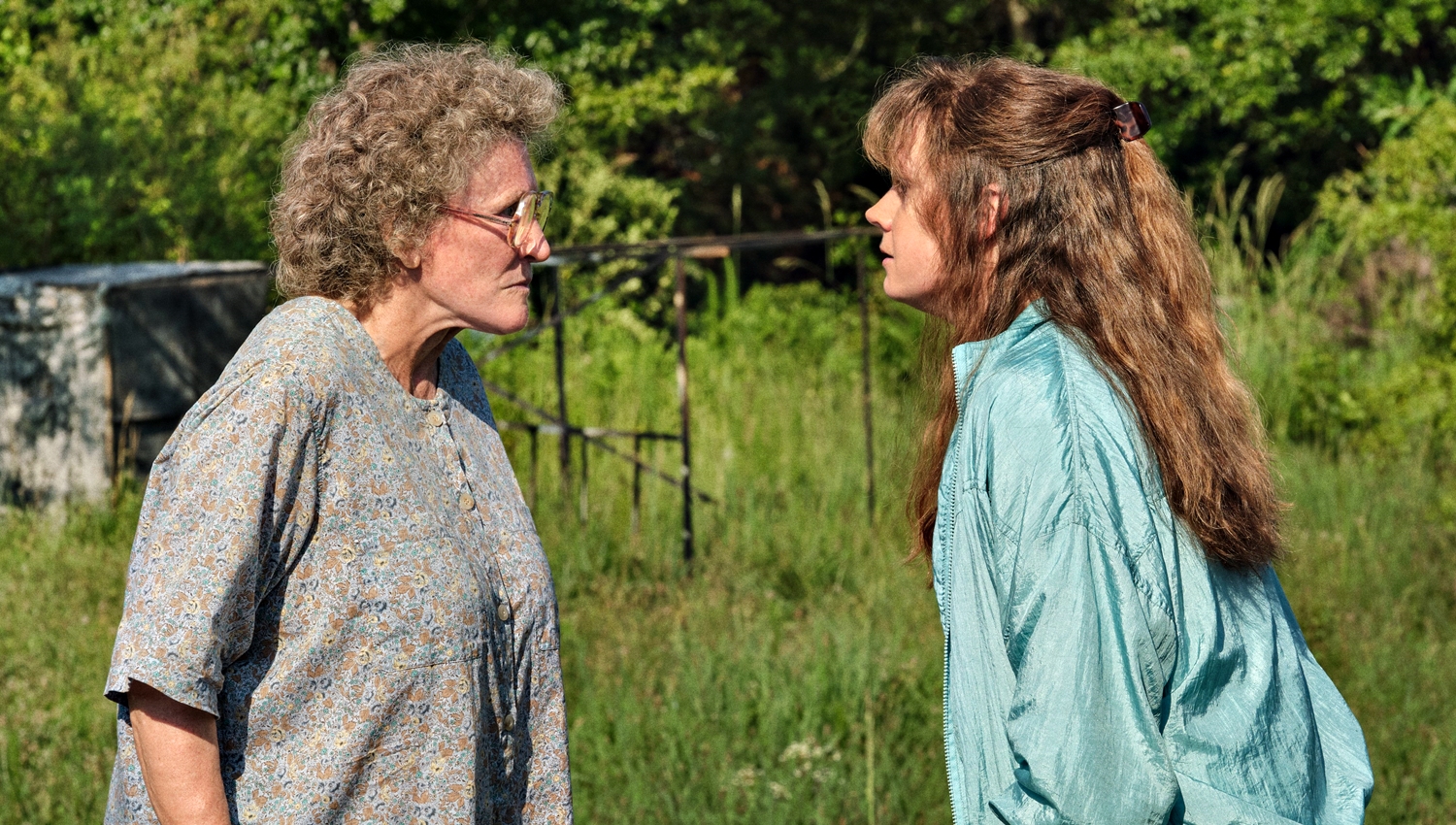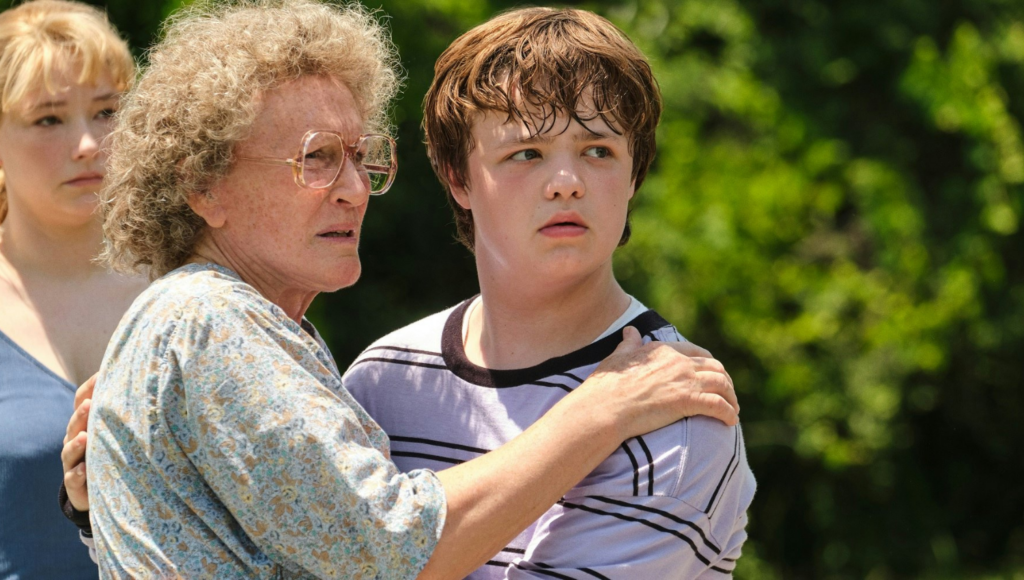
Hillbilly Elegy
Dustin Chase
In what is easily one of the best-acted films of Ron Howard’s directorial career, “Hillbilly Elegy” joins the ranks of films like “August Osage County,” “Fences,” and “The Fighter,” exploring the contentious side of family life. Based on the bestselling book of the same name, Howard is a surprising choice to direct, as his films typically have a “safe” element to them that’s nowhere to be found here. All eyes will be on 7-time Oscar loser Glenn Close and 6-time Oscar loser Amy Adams this award season. Both give career-defining performances, which is saying a lot considering their bodies of work. Both actors lean into new territory, with transformation being a large part of their characters. Hans Zimmer’s collaboration with David Fleming produces the award-winning composer’s most subtle work in years.
J.D. Vance (Basso) was the one who got away from Middletown, Ohio, in pursuit of something other than the poverty and domestic abuse that trapped his family there for decades. He is within arms reach of landing his first law career job, one that will allow him to pay for his final semester at Yale. “Can you come home?,” his older brother, Lindsay (Bennett), pleads over the phone. “Mom overdosed.” J.D. pauses his life and heads home to deal with whatever chaos the Vance family has going on this time. A lifetime of physical, mental, and emotional abuse at the hands of his mother Bev (Adams) is something he struggles with on a daily basis. His Mamaw (Close) raised him when his mother couldn’t, but with her gone, J.D. must decide if Middletown will drag him back down, or if he can finally break away for good.
Howard allowed Close the freedom to create her own take on the character, steering her away from caricature, and into someone who the audience feels deeply
“Hillbilly Elegy” will make you uncomfortable (these types of films often do), which is the point. Sometimes they are so uncomfortable it’s hard to pinpoint the purpose, especially when the world it presents is so foreign to many of us. It would be too simple to write this story off as just a film about people arguing and fighting. Its real purpose in being told is to highlight perseverance and hope. While Basso (“Kings of Summer”) is the hammy protagonist and weakest link, the film is after all based on his life. Adams is the circumstantial antagonist of the story. Bev has all the rage, anger, and despair emotions that Adams is typically cast to play very subtly, but here her performance is as big as her hairdo. Mamaw, Glenn Close’s character, is the soul of the film. Barely recognizable, the 73-year-old actress gives a performance for the ages.
Strong, resilient, foul-mouthed, and full of regret, Close is who you remember most. This feels like the performance that her entire career has been leaning towards. The character Mamaw compared to her performance in “The Wife” two years ago, couldn’t be a better contrast of range within a single performer. Close’s seven Academy Award losses were usually to larger and louder performances, to which this year, she will suffer no rival. Awards talk aside, Howard allowed Close the freedom to create her own take on the character, steering her away from caricature, and into someone who the audience feels deeply. Oscar-nominated screenwriter Vanessa Taylor blends obvious, on-the-nose writing with not-so-subtle nuance that’s adjusted thanks to James Wilcox’s editing of the past and present flashbacks. Netflix might have stronger contenders for Best Picture, but “Hillbilly Elegy” is a performance goldmine.
Final Thought
Glenn Close transcends a career of stellar work with a performance for the ages.

